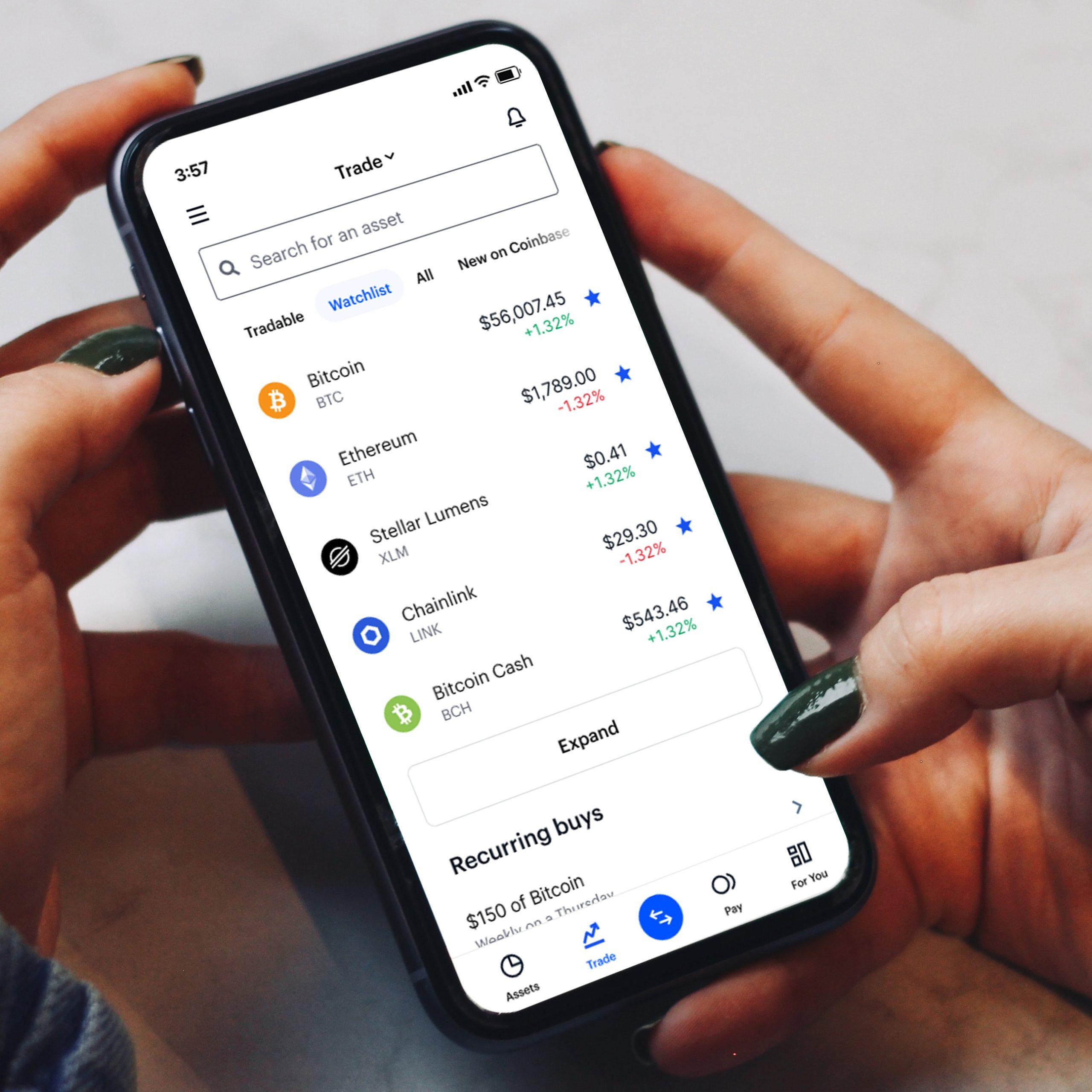A Brief History of Coinbase
Coinbase was founded in June 2012 by Brian Armstrong and Fred Ehrsam. Their mission was simple yet ambitious: to create an open financial system for the world. What started as a straightforward platform to buy and sell Bitcoin has evolved into one of the most prominent cryptocurrency exchanges globally.
The Evolution of Coinbase
Over the years, Coinbase has expanded its offerings and services, growing alongside the booming crypto market. Initially, it was a platform solely for Bitcoin transactions. However, recognizing the growing interest in other cryptocurrencies, Coinbase began adding support for Ethereum, Litecoin, and many more.
Today, Coinbase offers a plethora of services, including:
- Coinbase Pro: A platform for professional traders that offers more advanced trading options and lower fees.
- Coinbase Wallet: A secure wallet to store various cryptocurrencies, enabling users to manage their digital assets safely.
- Coinbase Earn: An educational initiative where users can earn cryptocurrencies by learning about them.
- Coinbase Commerce: A platform that enables merchants to accept cryptocurrency payments.
- Coinbase Custody: A secure storage solution for institutional investors.
Why Coinbase Stands Out
Several factors contribute to Coinbase’s prominence in the crypto space:
User-Friendly Interface
Coinbase is known for its intuitive and easy-to-navigate interface. This makes it an ideal choice for beginners who may find other exchanges overwhelming. The straightforward sign-up process, coupled with educational resources, helps new users get started with minimal hassle.
Security
In the world of cryptocurrency, security is paramount. Coinbase takes this seriously, employing industry-leading security measures to protect user funds. These include two-factor authentication (2FA), biometric logins, and insurance for digital assets stored on their platform. Additionally, the majority of cryptocurrencies on Coinbase are stored in offline cold storage, further safeguarding them from potential cyber threats.
Regulatory Compliance
Coinbase has always prioritized regulatory compliance, which has helped it build trust within the industry. It operates under stringent regulatory frameworks in various countries, ensuring that it adheres to local laws and regulations. This compliance has also paved the way for its public listing on the NASDAQ, making it the first major cryptocurrency company to go public in April 2021.
Diverse Cryptocurrency Offerings
While it started with Bitcoin, Coinbase now supports a wide range of cryptocurrencies. This diversity allows users to explore and invest in various digital assets, from well-known coins like Ethereum and Litecoin to emerging tokens.
Educational Resources
Coinbase is more than just a trading platform; it’s a hub for learning. With initiatives like Coinbase Earn, users can gain knowledge about different cryptocurrencies while earning them. This educational approach empowers users to make informed decisions about their investments.
The Coinbase Ecosystem
Coinbase’s ecosystem extends beyond just buying and selling cryptocurrencies. It encompasses a range of products and services that cater to different needs within the crypto community:
- Coinbase Ventures: An investment arm that funds promising startups in the blockchain and cryptocurrency space.
- Coinbase Prime: A tailored solution for institutional investors, providing them with the tools and services needed to manage large portfolios.
- Coinbase Card: A Visa debit card that allows users to spend their cryptocurrencies directly from their Coinbase accounts.
- Coinbase Analytics: A suite of data tools for law enforcement and financial institutions to track and analyze blockchain transactions.
The Future of Coinbase
As the cryptocurrency market continues to evolve, so does Coinbase. The company is constantly innovating and expanding its offerings to stay ahead of the curve. Here are some areas where we might see significant growth:
DeFi Integration
Decentralized Finance (DeFi) is one of the hottest trends in the crypto world, and Coinbase is exploring ways to integrate DeFi services into its platform. This could include lending, borrowing, and staking services, providing users with more ways to grow their digital assets.
Global Expansion
While Coinbase is already a global platform, there is still significant room for growth in untapped markets. Expanding its services to more countries and obtaining regulatory approval in these regions will be a key focus.
NFT Marketplace
The Non-Fungible Token (NFT) craze has taken the world by storm, and Coinbase is not sitting on the sidelines. The company has plans to launch its own NFT marketplace, enabling users to buy, sell, and trade unique digital assets.
Enhanced Security Measures
As cyber threats continue to evolve, so too will Coinbase’s security measures. Expect to see even more robust security protocols and technologies to protect user funds.
Conclusion
Coinbase has established itself as a cornerstone of the cryptocurrency industry. From its user-friendly interface and stringent security measures to its diverse offerings and educational initiatives, it has become the go-to platform for millions of users worldwide. As the crypto landscape continues to evolve, Coinbase is poised to remain at the forefront, driving innovation and adoption in the digital asset space.
FAQs
1. How do I get started with Coinbase?
To get started, simply sign up on the Coinbase website or app, complete the verification process, and you can begin buying and selling cryptocurrencies.
2. Is Coinbase safe to use?
Yes, Coinbase employs industry-leading security measures to protect user funds and information. It is considered one of the safest cryptocurrency exchanges.
3. What cryptocurrencies can I buy on Coinbase?
Coinbase supports a wide range of cryptocurrencies, including Bitcoin, Ethereum, Litecoin, and many more. The list of supported coins is continually expanding.
4. Can I earn cryptocurrencies on Coinbase?
Yes, through Coinbase Earn, users can earn cryptocurrencies by learning about them through educational videos and quizzes.
5. Does Coinbase charge fees?
Yes, Coinbase charges fees for buying, selling, and trading cryptocurrencies. The fee structure varies based on the transaction type and the amount involved.
